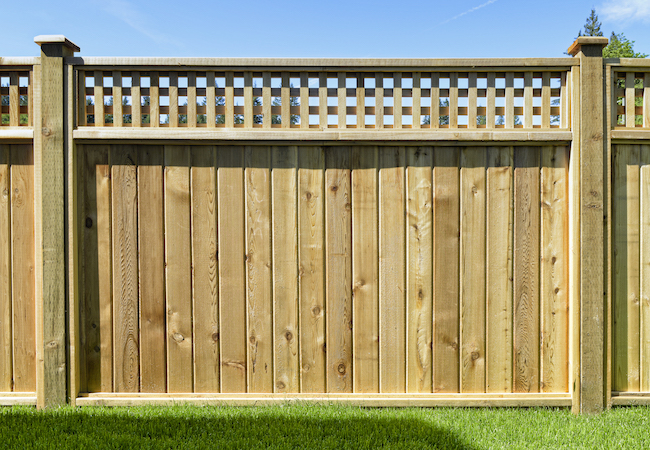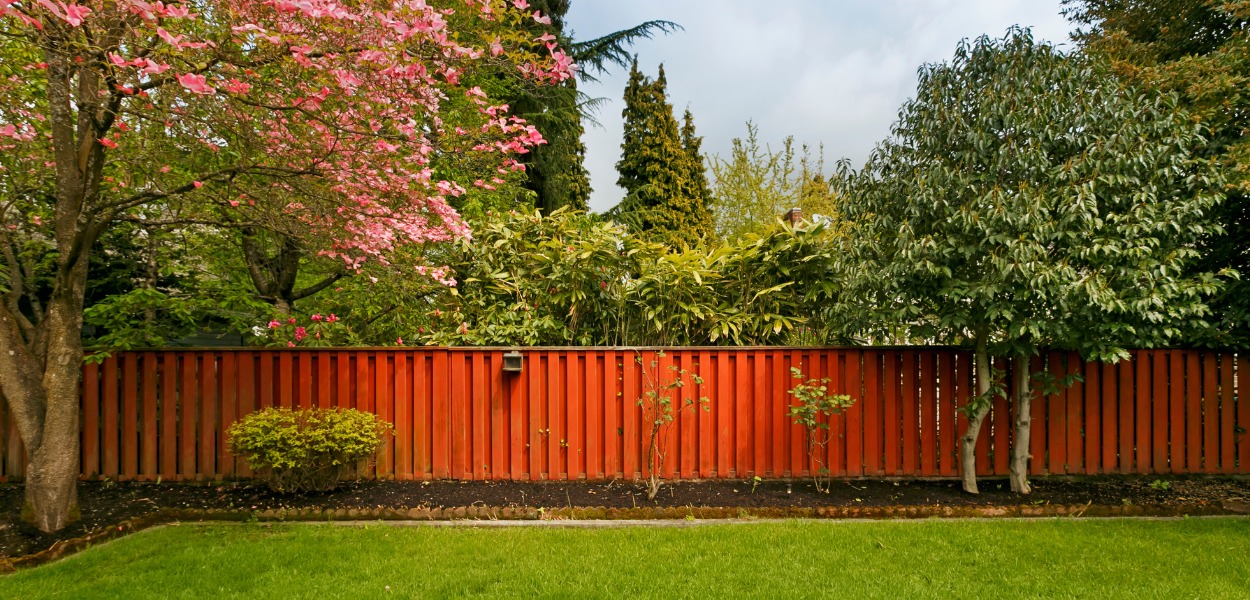All Categories
Featured

When mounting a fence, picking the ideal product is crucial to balancing capability, looks, and budget. Wood, vinyl, and aluminum are among one of the most frequently selected fencing materials, each with its strengths and disadvantages. This guide explores the advantages and disadvantages of these choices to aid you make an informed decision.

Timber Fence. Pros:. All-natural Charm: Timber's classic charm can enhance any type of home with its timeless and cozy appearance. Customizable: You can repaint, stain, or carve timber to fit your style choices. Budget-friendly: Timber fence is at first extra economical compared to a few other products. Environmentally Friendly: As a renewable energy, wood is naturally degradable and frequently thought about eco-friendly. Disadvantages:. Maintenance-Intensive: Regular securing, painting, or staining is called for to stop damages from climate and insects. Prone to Degeneration: Without appropriate care, timber can rot, warp, or fracture over time. Shorter Life expectancy: On average, wood fences last 10-15 years, depending upon the kind of wood and upkeep. Wood is a great alternative for those that value aesthetic appeals and are prepared to buy regular upkeep to protect its appearance and toughness.
Vinyl Secure Fencing. Pros:. Low Upkeep: Plastic requires very little care-- simply occasional cleansing with soap and water. Weather Resistant: It does not warp, rot, or succumb to insect damage, making it highly sturdy in various climates. Longevity: Plastic fences can last 20-30 years with little to no repair services. Style Range: Available in a large range of textures, colors, and styles, including wood-like looks. Disadvantages:. Higher First Expense: Vinyl fences are much more expensive ahead of time contrasted to timber. Vulnerability to Cold: In incredibly winter, plastic can come to be susceptible and brittle to cracking. Minimal Repair Options: Matching substitute panels can be challenging if damage takes place. Plastic secure fencing is perfect for house owners searching for a resilient, low-maintenance remedy that supplies modern versatility.

Light Weight Aluminum Fencing. Pros:. Rust-Proof: Light weight aluminum resists deterioration, making it an exceptional choice for damp or wet settings. Resilient: Despite being lightweight, aluminum is solid and can hold up against extreme weather condition problems. Low Maintenance: It calls for marginal maintenance, commonly only occasional cleaning. Long Life expectancy: Aluminum fences can last decades without significant degeneration. Sophisticated Style: Often made use of for decorative purposes, aluminum secure fencing adds a smooth, sophisticated aim to residential or commercial properties. Disadvantages:. High First Investment: Light weight aluminum fencings are amongst the costlier alternatives on the market. Less Privacy: The open layouts usual with aluminum fencing don't give much privacy. Prone to Damages: While resilient, aluminum can damage if struck with enough force. Aluminum is a superb selection for house owners prioritizing looks and durability without requiring much maintenance.
Making Your Decision. When determining in between wood, vinyl, or aluminum fencing, consider your top priorities:
Timber matches those who appreciate an all-natural look and don't mind putting in maintenance initiative. Vinyl is the very best option for those looking for a low-maintenance, weather-resistant service. Light weight aluminum offers streamlined style and lasting toughness yet might do not have privacy. By carefully evaluating these materials' features, you can choose a fencing that complements your residential or commercial property while meeting your visual and useful demands.
Latest Posts
Reputable Industrial Roof Covering Services by Weathercraft
Published May 25, 25
1 min read
Uncover the Best Auto Repair Coupons in Montclare, Chicago
Published May 23, 25
1 min read
How to Know When Your Car Needs Skilled Car Repair at Montclare Auto Repair
Published May 23, 25
1 min read